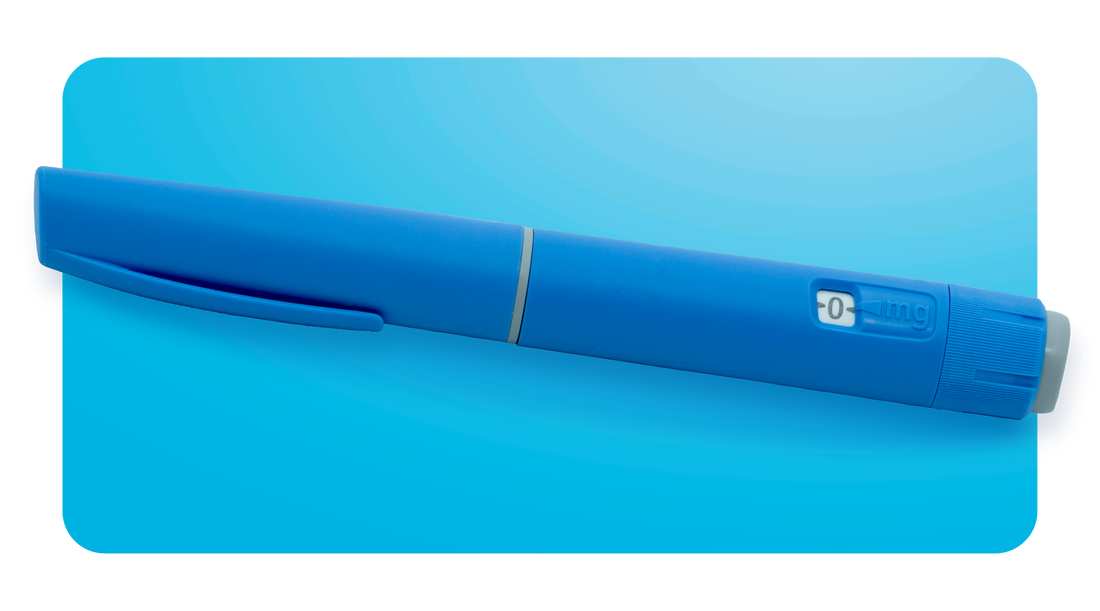
For millions worldwide, GLP-1 agonists represent a ray of hope in the management of type 2 diabetes and weight loss. These medications, which mimic the effects of the glucagon-like peptide-1 hormone, offer significant benefits in blood sugar control and weight management. However, like any medication, GLP-1 agonists come with potential side effects, including those that can contribute to dehydration.
Understanding GLP-1 Agonists and Their Side Effects
GLP-1 agonists, such as exenatide (Byetta), liraglutide (Victoza), and dulaglutide (Trulicity), work by stimulating insulin secretion, suppressing glucagon release, and slowing gastric emptying, leading to improved blood sugar control and reduced appetite.
While these medications offer significant benefits, they can also cause side effects in some individuals. Common side effects of GLP-1 agonists include:
- Nausea and Vomiting: Up to 20-30% of patients starting GLP-1 agonists may experience nausea, which can sometimes progress to vomiting.
- Diarrhea: GLP-1 agonists can slow gastric emptying, leading to gastrointestinal discomfort and diarrhea in some individuals.
- Decreased Appetite: While beneficial for weight management, decreased appetite can inadvertently lead to reduced fluid and food intake, potentially increasing the risk of constipation and dehydration.
- Dizziness and Lightheadedness: GLP-1 agonists may cause blood pressure fluctuations, leading to symptoms of dizziness and lightheadedness, especially when standing up quickly.
Dehydration Risks Associated with GLP-1 Agonists
Several factors associated with GLP-1 agonists can contribute to dehydration:
- Nausea and Vomiting: Persistent nausea and vomiting can lead to fluid loss and electrolyte imbalances, increasing the risk of dehydration.
- Diarrhea: Chronic diarrhea can result in significant fluid and electrolyte losses, further exacerbating dehydration.
- Decreased Appetite: Reduced food and fluid intake due to decreased appetite may result in inadequate hydration, particularly if not compensated for by increased water consumption.
The Role of BIOLYTE in Managing GLP-1 Side Effects
BIOLYTE offers a compelling solution for patients experiencing dehydration-related side effects from GLP-1 agonists:
- Rapid Rehydration: BIOLYTE provides a convenient and effective means of rehydrating the body, delivering essential fluids and electrolytes directly into the bloodstream. Its rapid absorption ensures prompt replenishment of hydration levels, helping alleviate dehydration symptoms.
- Electrolyte Balance: GLP-1 side effects such as nausea, vomiting, and diarrhea can disrupt electrolyte balance. BIOLYTE's carefully formulated electrolyte blend, including sodium, potassium, and chloride, helps restore electrolyte balance, ensuring optimal physiological function.
- Convenience and Compliance: BIOLYTE's portable packaging and ease of use make it convenient for patients to stay hydrated while adhering to their GLP-1 agonist treatment regimen. By addressing dehydration promptly, BIOLYTE can help patients manage side effects effectively and remain compliant with their medication.
By understanding the risks associated with GLP-1 therapy and incorporating solutions such as BIOLYTE into patient care plans, healthcare providers can help patients manage side effects effectively and optimize treatment outcomes. With BIOLYTE's rapid rehydration capabilities and electrolyte-balancing properties, patients can navigate GLP-1 side effects more comfortably while staying compliant with their medication regimen.